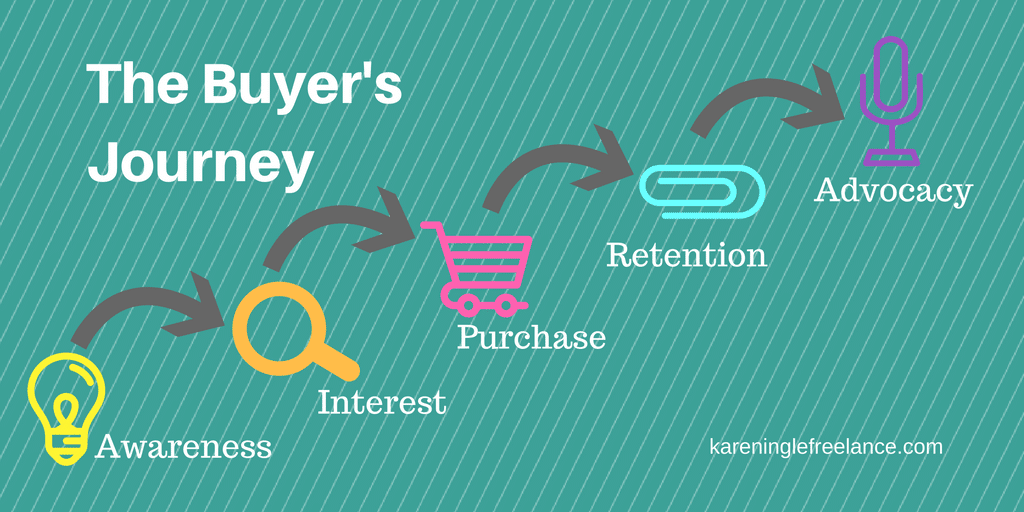Are you sitting still on a book idea because the market is too unpredictable right now? Nervous about pouring work into writing something that may not sell in the current conditions?
Then look at what isn’t changing.
One rock-solid principle still stands in book marketing: If you create something that meets readers’ felt needs and make it visible where they are looking, in a format they want, your book will sell.

Are you writing to readers’ needs
What Do Readers Need?
To write to readers’ needs, look at what experts are saying about book buying trends.
Early in spring of 2020, Thomas Umstattd, Jr., of Author Media and the acclaimed Novel Marketing Podcast, made 12 predictions and several have come to pass. Among them:
- People will still want to escape through books.
- In nonfiction, books related to homeschooling and relationship issues will find ready readers.
- Fiction with conflicts like Man v. Nature, Man v. Society (or Society v. Man), or a theme of suffering together will be popular.
- Parents will seek quality children’s books.

Are these needs outside your project’s realm? Never fear. These are not the only types of books readers want. The pandemic and following civil unrest have raised broad-ranging questions. Could you answer new questions like these:
- How can I strengthen my immune system?
- What methods of contact tracking are being used?
- What would happen in a world where facial recognition monitored people’s every move?
- If I keep working from home, how can I be more successful/productive/disciplined?
- Are there any humorous stories about life in lockdown?
- Where can I find inner peace when the world is in such turmoil?
- Who are the heroes who kept on ministering to others during the pandemic?
- How did/could organizations provide innovative service amid unrest?
Let that list jumpstart your thinking about the unique opportunities these times present for your content.
Troubled times raise questions.
Questions give you an opportunity to provide answers.
Next, we’ll talk about how today’s readers want to read.
What Formats are Popular?
When it comes to desirable formats for your book, audiobooks and ebooks (already growing in popularity before COVID-19) have surged since the pandemic took hold. (Find stats on ebooks here.) This trend is likely to hang on even when social distancing is no longer de rigueur.
In these two formats, there is plenty of room for your book to stand out. And recording your own audiobook gives you a certain authenticity in the eyes—or ears—of your readers—or, um, listeners. Learning the process is surprisingly easy, through a training such as that at Audiobooks Made Easy.

New reading formats give you an opportunity
to stand out amid the sea of print books.
That being said, print books are still selling. But the face of marketing is changing. So we can pout about that, or find a workaround. Let’s look at what the changes are, and what you can do to get your book into readers’ hands.
How Will Books Sell Today?
According to Sarah Bolme of Marketing Christian Books, three major sources of print book sales have taken a heavy hit. Do any of these impact the way you will reach your market?
What if print textbook sales to schools and universities go away?
Bolme predicts, “Learning will become increasingly digital, including both textbooks and supplemental reading material.”
Solutions?
- Consider the homeschool market, which is certain to expand. Many families who tasted “school at home” are considering keeping that ball rolling even if schools reopen. Show them how your textbooks will make teaching their kids easier.
- Create digital versions of your textbook, study guide, or supplementary materials.
- Create an online course around your material. Udemy offers a class in how to make this happen.
What if large conventions and conferences become a thing of the past?
For writers, conventions and conferences have long been crucial opportunities to pitch, promote, and sell their books. If these gatherings disappear, what’s a writer to do?
People will still gather. Go find them and interact with them there. Here are suggestions for finding—

- Agents. If, like literary agent Wendy Lawton, they used to find 42% of their clients at writers’ conferences, they will lean on other sources of clients. In Lawton’s book, The Inside Scoop: Two Agents Dish on Getting Published, she mentions some of those other sources:
- Referrals from clients she already represents.
- Notable participation in writing groups, online forums, and in their blog communities.
- Active pursuit of writers they like.
- Industry professionals. Virtual gatherings of trade associations, ministry organizations, and so forth will need speakers adept at presenting a webinar. Learn how. At the same time, interact with industry leaders within social media groups, contributing useful insights to their conversations. Grow your reputation as a friendly expert. Learn what topics people their industry want to know more about. When the time is right, offer to speak on those topics at their next virtual event. Then offer attendees your book through a link you provide.
- Networkers. Actively contact your connections to see how you can benefit one another. Ask for referrals or introductions on LinkedIn. Ask your connections questions to learn how your book could help them meet a need, then describe it in that light and send a link.
What if brick-and-mortar bookstores continue to dwindle?
Bolme writes, “Fewer bookstores signal fewer venues for authors to host events such as book signings, book readings, and book launches.” That also means fewer chances for browsing readers to discover your book on a shelf.
Solutions?
Up your online promotion game. Take these steps:
- Optimize your website with an updated look and streamlined book-buying process.
- Build your email list of faithful followers. Use tools like those suggested here.
- Learn to run a fabulous online book launch.
- Make it easy for readers to write strong reviews. Sandra Beckwith of Build Book Buzz offers review-writing templates you can give to readers. When potential readers consider your book, give them lots of social proof.
- Enter contests and list the awards you win on your site. Celebrate contest wins on social media.
- Maximize your book’s visibility on Amazon. Check out these three secrets to selling on Amazon.
Seize opportunities to market books online.
Yes, Books Will Still Sell
Getting your book published and sold will take work—work that has changed since last year. But don’t let the changes stop you. As experienced literary agent Steve Laube writes,
“If you try to chase the market, you’ll never catch it. Change is always in the air. Over the decades, I’ve seen watershed changes in our industry. But books are still being written. They are still being read. And there still isn’t a substitute for books.”
So go write your book. People are waiting for it.
Start working with Karen today
Today could be the day your load gets lighter.
Ask Karen Ingle to make that happen.





